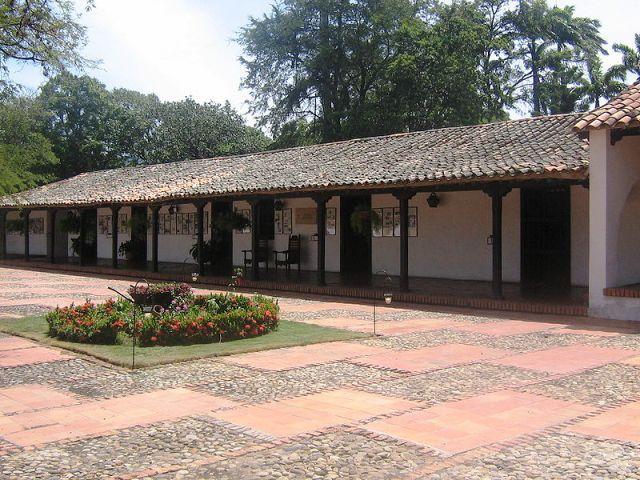Cúcuta, Santander, Colombia
Suggest Place to Visit
1558
Track to location with GPS |
 |
The Grancolombiano Park is a historical and tourist complex, its extension is 4 hectares.
It currently houses:
1. The House of Santander, where General Francisco de Paula Santander lived during his first 13 years.
The documents of the time called it ´´La Casa del Altillo´´, located in the street of ´´Cabildo´´ on the north side of the main square of the town about 800 meters from the parochial temple, of republican architecture. Here, the highest Colombian figure of Independence, General Francisco de Paula Santander, was born on April 2, 1792 and he lived there until 1805, when he left for Santa Fe to continue his studies at the Colegio Mayor de San Bartolomé.
When the father of the hero died in 1808, Don Eugenio Santander Vargas, the general's middle brother, was left in charge of the house. Francisco Antonio Quiroz obtained it at public auction in 1831 and for reasons that have not yet been clarified he sold it in 1841 to Buenaventura Castro for 5,772.
Doña Buenaventura Castro sold it in 1867 to Eliseo Suárez. In this deed for the first time it is designated by the name of ´´Hacienda Santander´´.
Due to the 1875 earthquake, the house was totally destroyed, but Eliseo Suárez rebuilt it on the same site and with the same structure. Upon the death of Eliseo Suárez, on May 1, 1904, the house passed as an inheritance to his son, the doctor Alberto Camilo Suárez.
By law 164 of 1959, it became a national monument and the nation was authorized to buy it. By public deed 1,275 of August 19, 1,963 was transferred for 340,000.
In 1971, when it was restored by the National Tourism Corporation, the splinter on the corner was added to be related to what is described in the deeds and the book ´´Peregrinación Alpha´´ by Manuel Ancízar.
The bronze statue of the general that is found in the inner courtyard was the work of the sculptor Enrique Llamosa and was presented by the Bank of the Republic in 1971.
On the occasion of the bicentennial of the birth of General Santander, it was subjected to a total recovery. A Santander museum was installed from a modern point of view. The rooms on the left are currently occupied by the Nortesantandereana Academy of History. Administration and current maintenance are the responsibility of the municipality.
2. The Historic Temple, where the Congress of Cúcuta was held, in which the Constitution of Cúcuta, also known as the Constitution of 1821, the Constitution of Villa del Rosario, and the Constitution of Gran Colombia was written.
Another fact that has made Villa del Rosario famous is that it hosted the Constituent Congress of 1821, which held its sessions in the spacious sacristy of the parish temple, was installed by Vice President Antonio Nariño.
On the morning of May 6, 1821, after the vice president and the deputies had attended the solemn mass, they moved to the room set aside for the sessions, it was the beautiful sacristy of the Parish Church, their deliberations lasted until the 14th of October. There the first political constitution of Gran Colombia was drafted and the Democratic and Republican character that has distinguished it since then was printed.
Today the silent ruins of the Temple where the first congress of Gran Colombia met in 1821, ordered by the Fundamental Law of the Congress of Angostura on December 17, 1819, are contemplated. The most important of those who have met in Colombia; the first of a popular nature of our country, since it was attended by deputies from the most remote corners of Colombia and Venezuela.
In this temple, the liberator Simón Bolívar and General Francisco de Paula Santander took office before Congress, as president and vice president respectively, on October 3, 1821.
This temple was destroyed by the earthquake of 1875. At the end of the last century, the Venezuelan priest Manuel Lizardo tried to rebuild it, using the old materials, but he barely managed to lift the dome that today has become a national symbol.
The historic temple was declared a National Monument according to Law 35 of 1926 and according to Article 5 of Law 28 of 1935; being considered as the greatest monument of historical value for our country, for being surrounded by events that marked a milestone in Cúcuta and throughout Colombia.
Around the year 1940, on the occasion of the Centennial of the death of General Francisco de Paula Santander, the temple was partially remodeled, some areas were rebuilt and the forest full of palm trees, existing today, was planted.
In October 1971, on the occasion of the 150th anniversary of the Congress of Cúcuta, a series of monuments were erected in Villa del Rosario, including a beautiful marble statue of the liberator Simón Bolívar inside the historic temple, the work of the Italian sculptor Pietro Canónica. The idea came from Father Daniel Jordán and whose donation was made by Banco Cafetero.
3. La Casa de la Bagatela, where the executive power functioned in 1821.
Its historical value lies in the fact that the offices of the executive branch functioned there, during the congress meeting of 1821 and it was the residence of the vice presidents Roscio, Azuola, Nariño and Castillo.
The house at the time of the congress of 1821 was of two floors, which demolished the earthquake of 1875.
This house was remodeled in 1971 by the Ministry of Public Works.
The name ´´La Bagatela´´ was given by a grocer who lived there 40 years ago. In this way, he wanted to remember the newspaper that Antonio Nariño founded in Santa Fe in 1812, during the time of the "silly homeland".
Inside there is a statue of the precursor, the work of the Colombian artist Enrique Llamosa and donated by the Colombian Academy of History. The history and research center of the Villa del Rosario is currently operating.
4. The historic Tamarindo, a tree where the constituents of Nueva Granada (Colombia and Panama) and patriots of Venezuela rested under its shadows after exhausting meetings, and which is currently preserved in perfect condition.
Located in the town of Villa del Rosario (belonging to the city of Cúcuta), at Km. 6 of the Pan-American Highway, which connects the city with Venezuela.
The site known as ´´El Tamarindo´´, which is approximately 200 meters ahead of the Temple of Congress, was a place of recreation for the deputies during the recess of sessions. It functioned back then as a kind of cafeteria. It was the place where the various dispositions and maneuvers typical of politics were interspersed, for this reason it is known as "Mute Witness of Freedom".
Comments
We don´t have yet any comments about:
Grancolombiano Park
Grancolombiano Park
Be the first to leave a comment as it is very important to inform other people
Outros locais a visitar
Within a radius of 20 km from:Grancolombiano Park
Villa del Rosario |
| 0,6 Km |
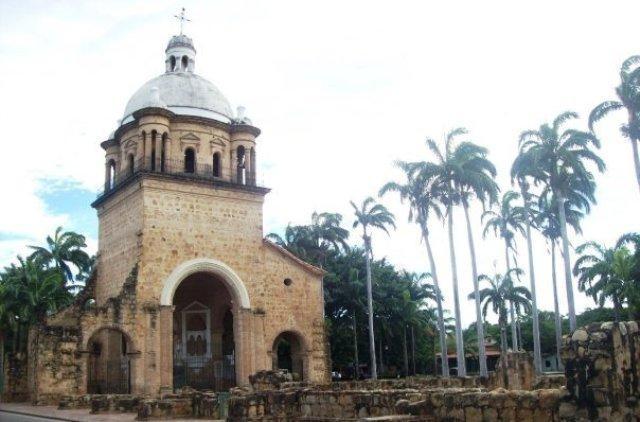 |
Playgrounds |
| 4,0 Km |
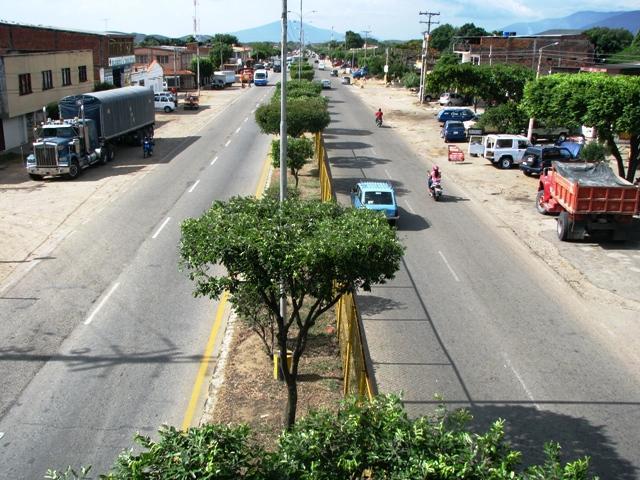 |
Awakening from dreams |
| 5,2 Km |
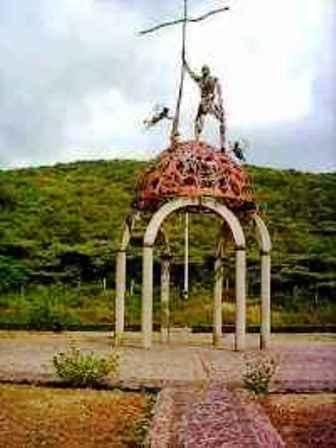 |
Public Library Julio Pérez Ferrero |
| 6,8 Km |
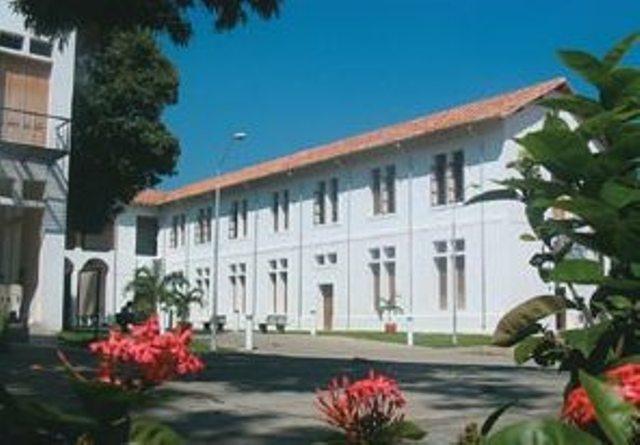 |
clock tower |
| 6,9 Km |
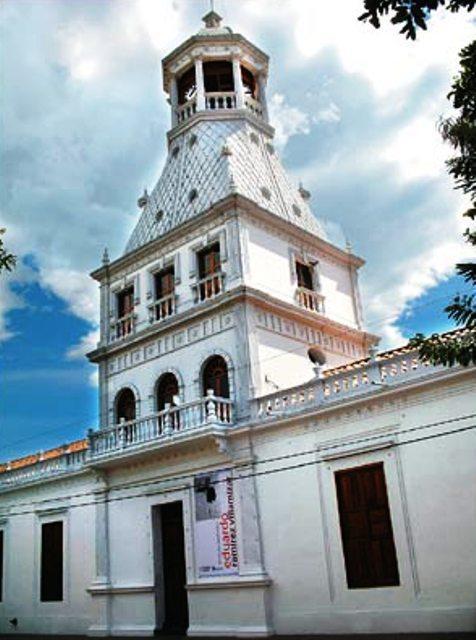 |
Colón Park |
| 6,9 Km |
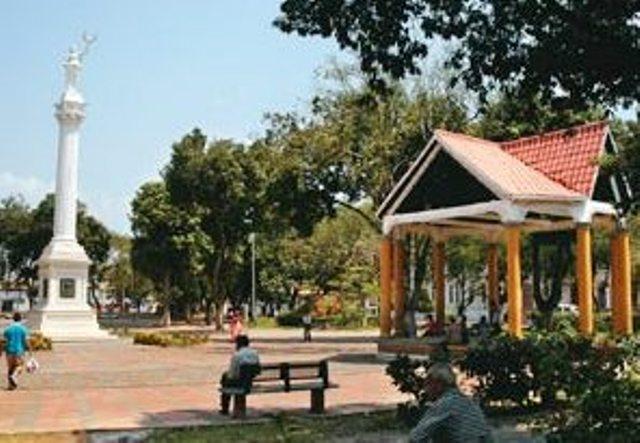 |
Bolivar column |
| 7,0 Km |
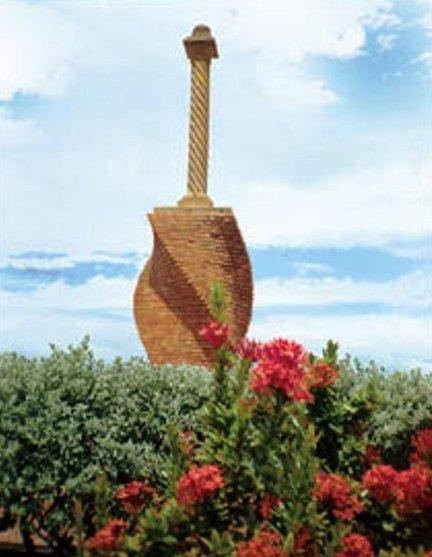 |
Musical mirror |
| 7,0 Km |
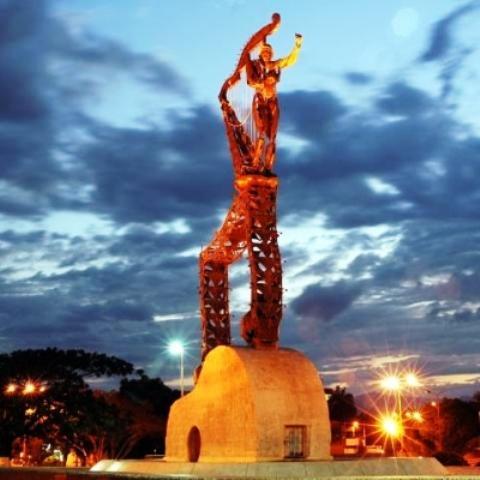 |
Padilla column |
| 7,1 Km |
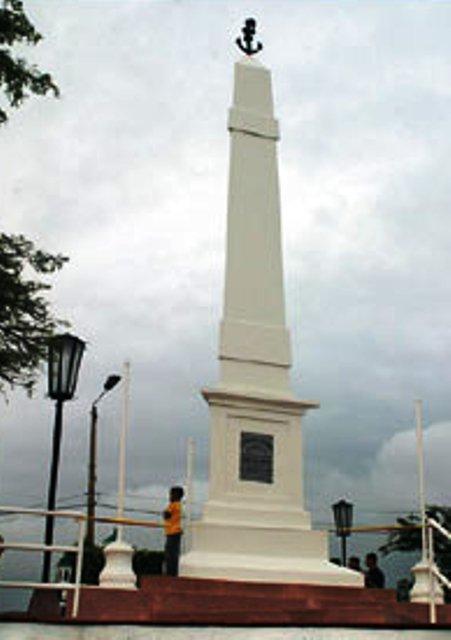 |
Municipal Palace |
| 7,1 Km |
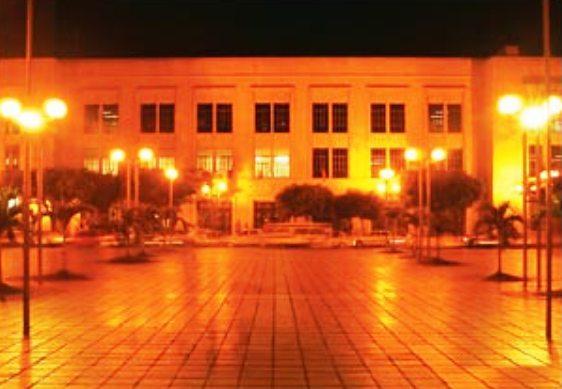 |
Cathedral of Cúcuta |
| 7,1 Km |
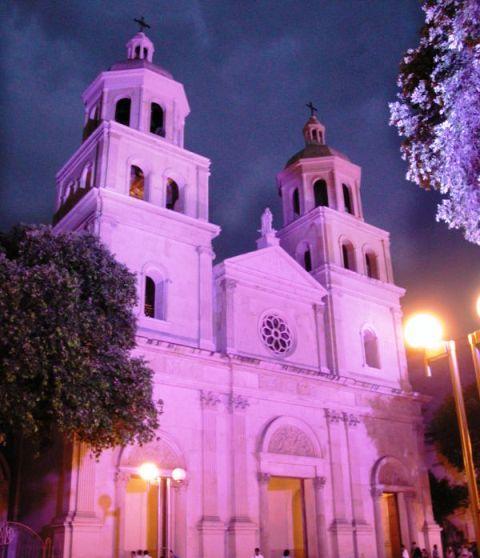 |
Santander Park |
| 7,2 Km |
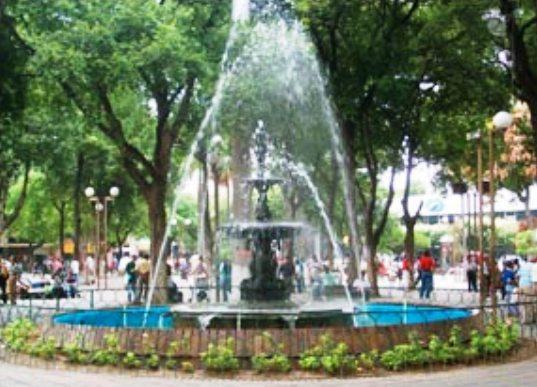 |
Plazuela del Libertador the National Park |
| 7,3 Km |
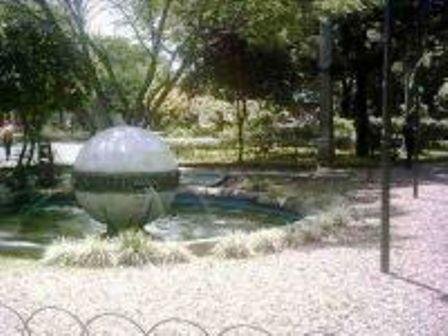 |
Fountains of Lions Park |
| 7,4 Km |
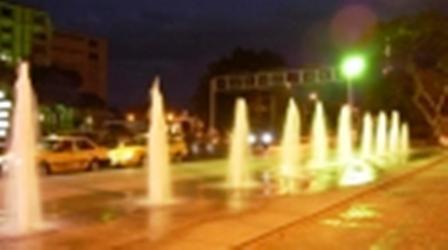 |
Mercedes Abrego Park |
| 7,5 Km |
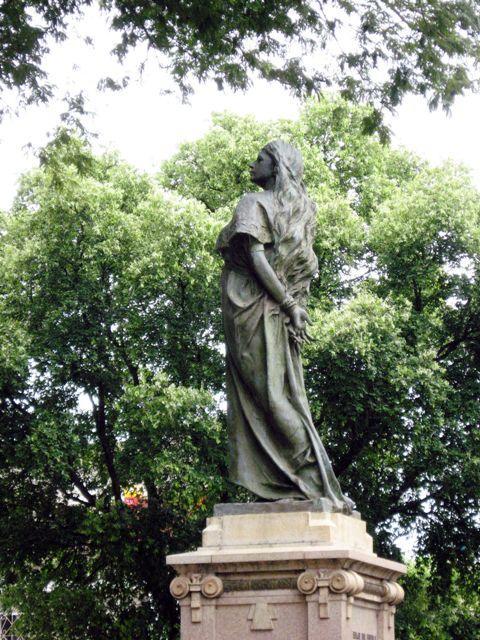 |
Monumento a la Confraternidad |
| 7,5 Km |
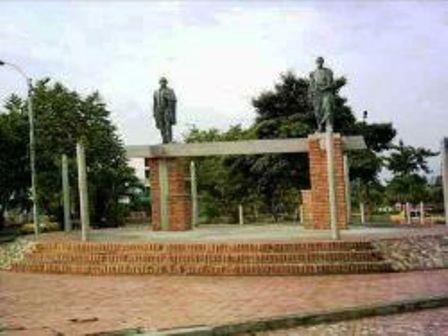 |
Antonia Santos Park |
| 7,7 Km |
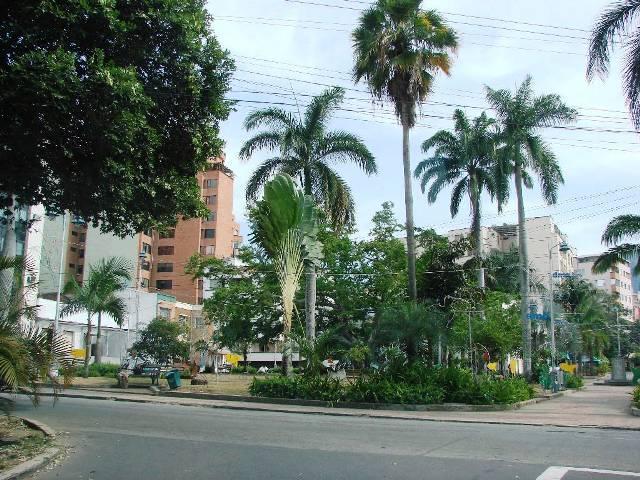 |
Cucuta |
| 8,2 Km |
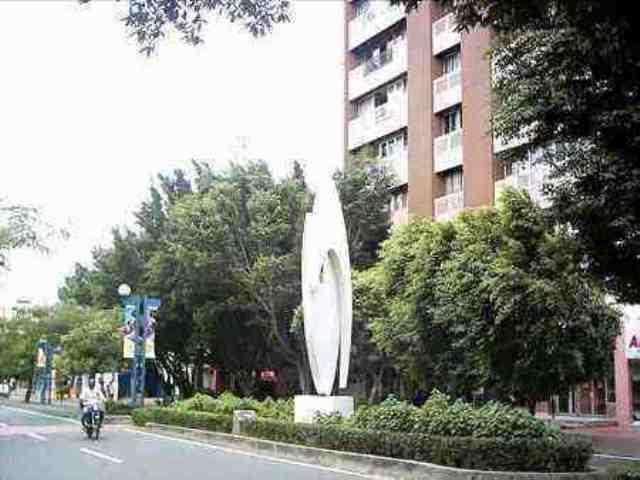 |
Juana Rangel de Cuellar Park |
| 8,2 Km |
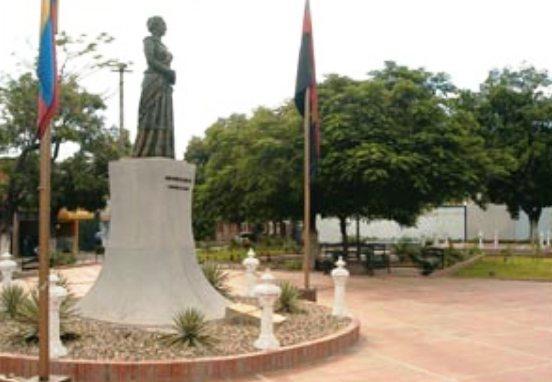 |
The Malecon |
| 9,8 Km |
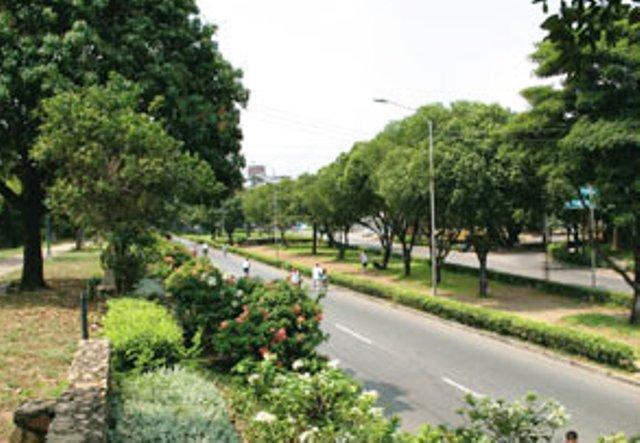 |
Monumento Cristo Rey |
| 11,8 Km |
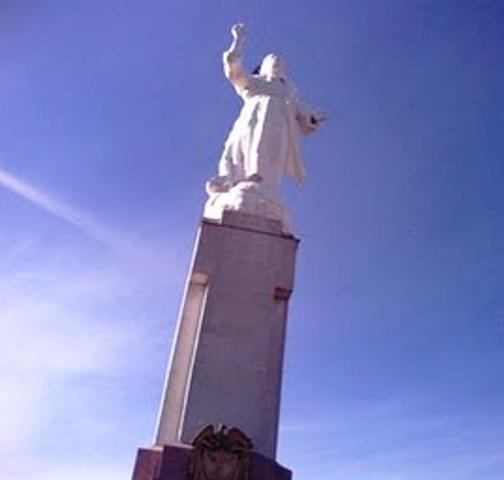 |
San Cayetano |
| 17,6 Km |
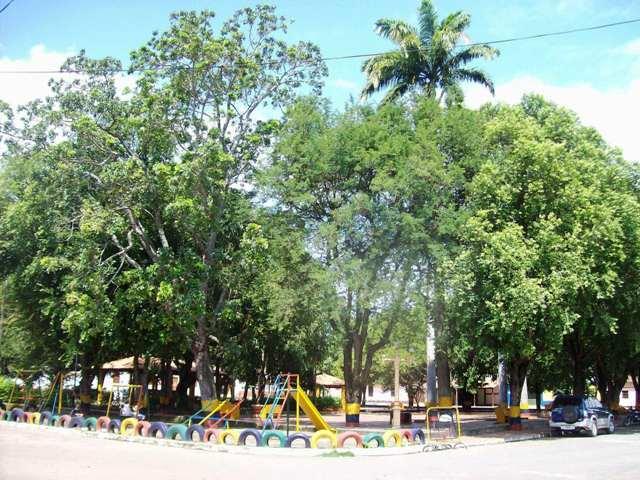 |
The Zulia |
| 18,2 Km |
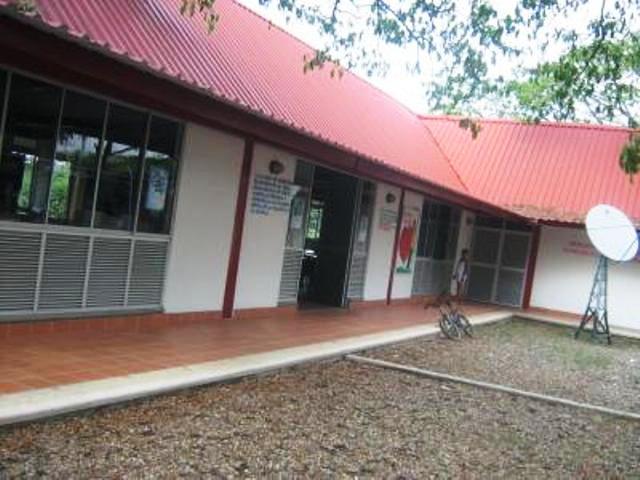 |
Hotel reservation near Grancolombiano Park within a radius of 20 km
Why to book with TRAVEL CLUBE
The best prices
Our partnerships with the world´s largest operators offer research on the best market prices.
More options
At Rotas Turisticos you can book the hotel, buy the air ticket, book the transfer from the airport to the hotel and vice versa, book the local excursions, rent the car, take travel insurance and consult the places to visit and where to go.
Holiday Tips & Destinations
Hundreds of holiday destinations with all the options that allow you to easily choose the destination that best suits your dream vacation.
TRAVEL CLUBE
Links


